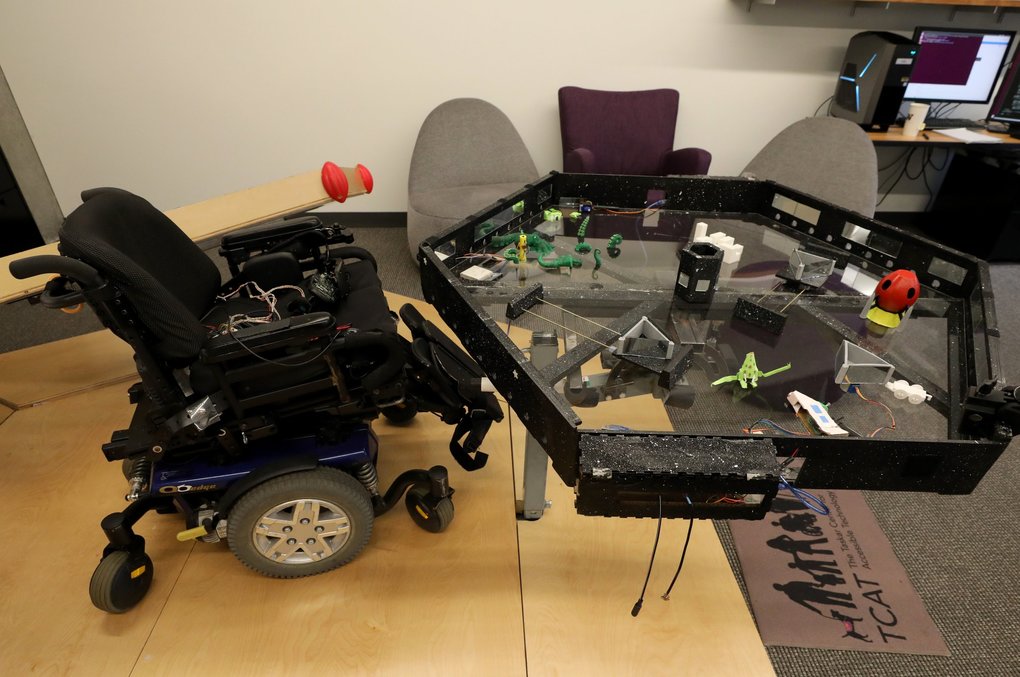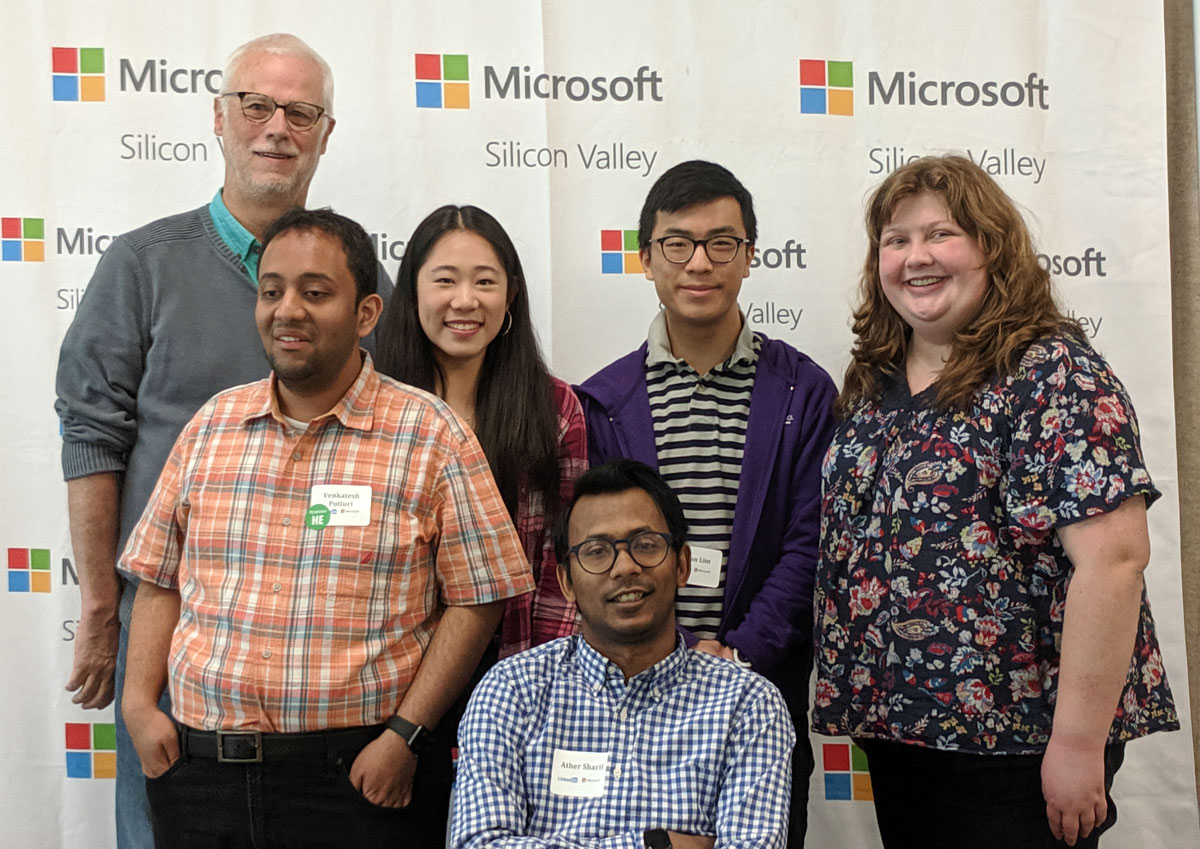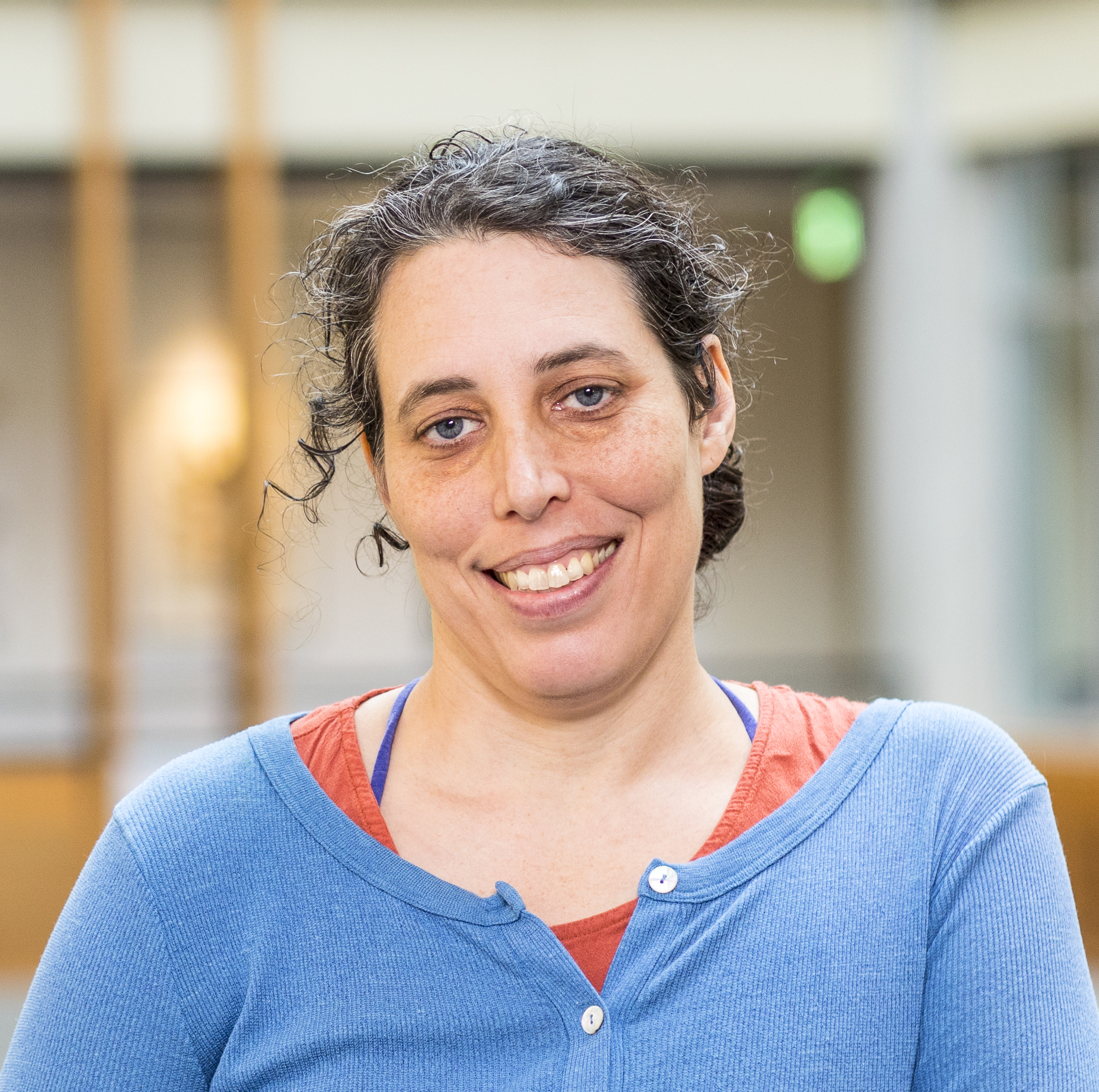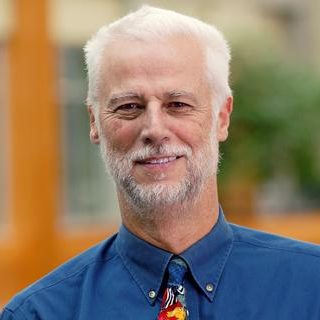The Seattle Times | August 4, 2019 In her role as the director of the University of Washington’s Taskar Center for Accessible Technology, Caspi creates technology focused on people with disabilities such as motor limitations, in many instances applying artificial intelligence (AI). “It’s really about treating people as humans with different needs and preferences,” she said as a cyclist passing by rang a bell. She sees the mapping of pedestrian infrastructure — walkways, sidewalks, overpasses, underpasses and trails — as a necessary…
With AI and other tech, Anat Caspi focuses on helping people with disabilities



